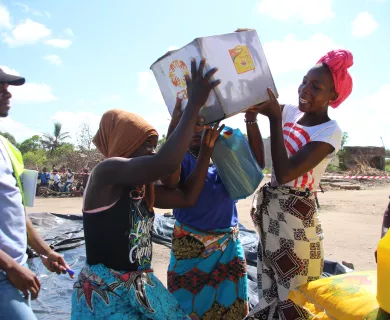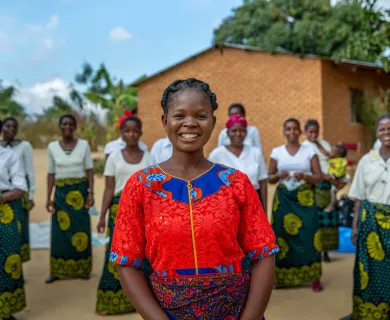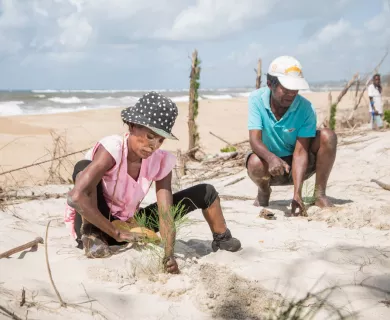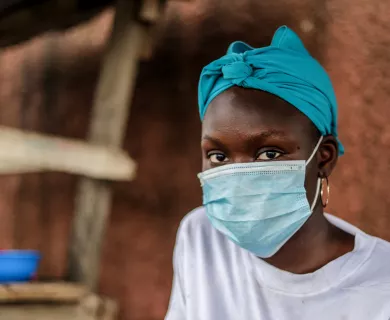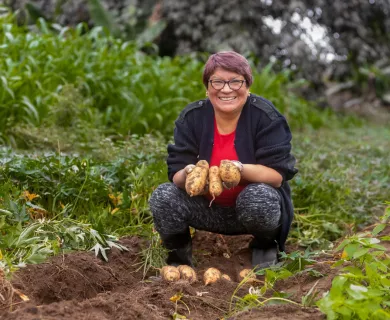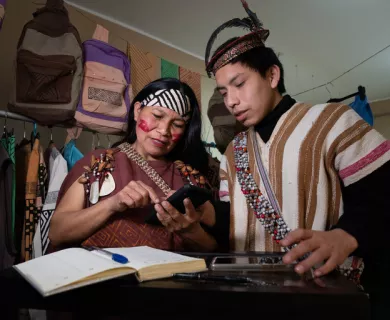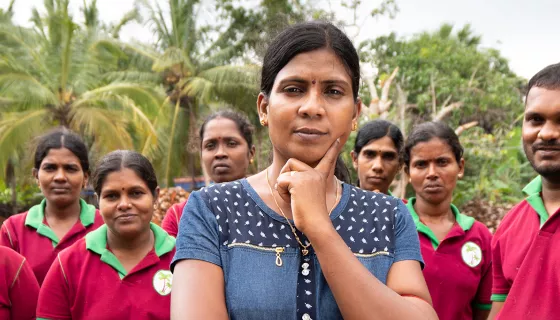
CARE works to fight poverty and achieve social justice.
We put women and girls in the center because we cannot overcome poverty until all people have equal rights and opportunities.
How we fight poverty and inequality
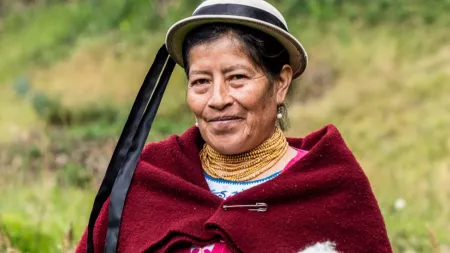
Fighting climate change impacts on women and girls
Women and girls are the first and the most impacted by the climate emergency. However, they are also fighting back - for themselves, their families, and the world. CARE has supported climate heroines to fight the exacerbation of climate change, adapt to its impacts and ensure their central voices are heard.
A world of CARE
We seek to implement gender-responsive, locally-led and economic-efficient programs around the globe.
-
62%
of the direct participants of our programs are women and girls.
-
96%
of our staff members are from the country where they work.
-
89%
of all our funds go directly to program services.
Latest updates
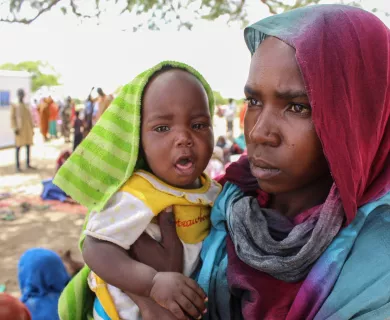
Sudan: One year into the war, women and girls bear the brunt of hunger, displacement and violence
After 12 months of a devastating conflict, the pervasive use of sexual violence as a weapon of war is laid bare in a new advocacy brief issued today by CARE and partners.
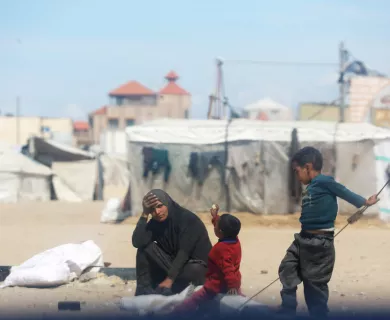
Gaza: Six months on, elderly and children trapped sick and hungry in death zone
As Sunday marks six months since the start of the devastating conflict in Gaza, CARE is gravely concerned about increasing deaths from illness, injuries, and hunger.
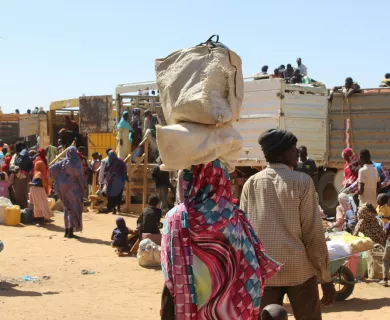
Famine looms in Sudan as conflict decimates fragile food systems
Estimates suggest that severe malnutrition threatens at least 730,000 children in Sudan. With an ongoing conflict, millions of people continue to face hunger, pushing them on the brink of famine.
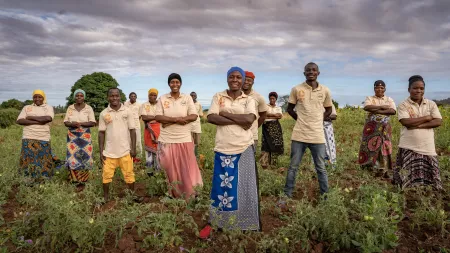
Our Vision 2030
Together with our partners, we commit to supporting 200 million people from vulnerable communities to fight poverty and social injustice. To date, we have helped over 52 million participants to promote lasting change in their lives, in line with the Sustainable Development Goals. In this long-term effort, gender equality sits at the heart of our work.
Read CARE 2030 Goals